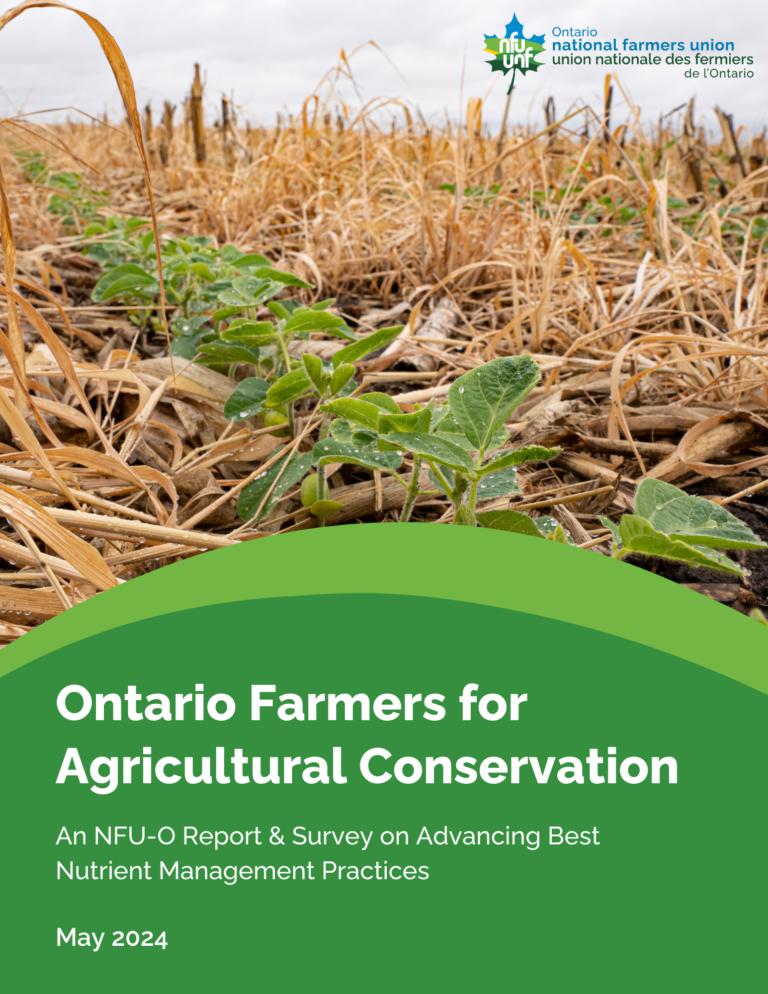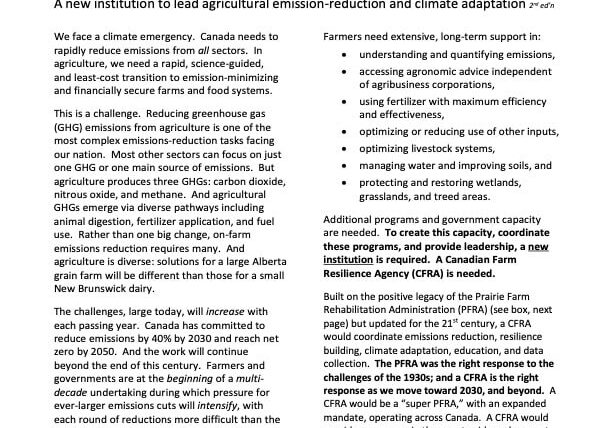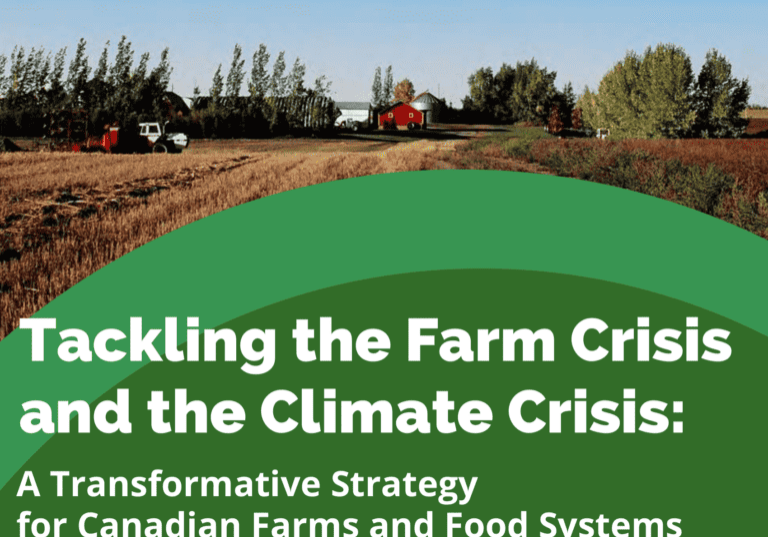Ontario Farmers for Agricultural Conservation
Farmers in Ontario are highly concerned about agricultural conservation, about protecting water quality and about addressing the rise of toxic Lake Erie algae blooms. Over three-quarters of the 246 farmers surveyed for this report acknowledge their role in mitigating water pollution caused by manure and synthetic fertilizers. Many have participated in voluntary programs or adopted best agricultural conservation practices on their own, often at personal expense. However, the adoption rate of these best practices rarely exceeds 50%, especially when the perceived financial benefits are minimal. Encouraging and financially supporting these ecological improvements is essential, but increasing adoption among those who are hesitant remains a significant challenge.
The urgency of the situation is underscored by the need to meet critical environmental targets, such as the 40% reduction in phosphorus loads entering Lake Erie by 2025 and a 30% reduction in greenhouse gas emissions from on-farm fertilizer use by 2030. Farmers express concerns about the excessive and inefficient use of fertilizers, which pollute watersheds and contribute to climate change, while feeling financially exploited by fertilizer companies. A comprehensive approach is needed to address these issues, highlighting farmer-led solutions to nutrient mismanagement and prioritizing ecological protection.
The policy recommendations proposed in this report aim to showcase farmer commitment to environmental stewardship, improve soil and water quality, challenge unsustainable agricultural practices, and ensure that farmers can maintain a profitable livelihood without harming the environment.



